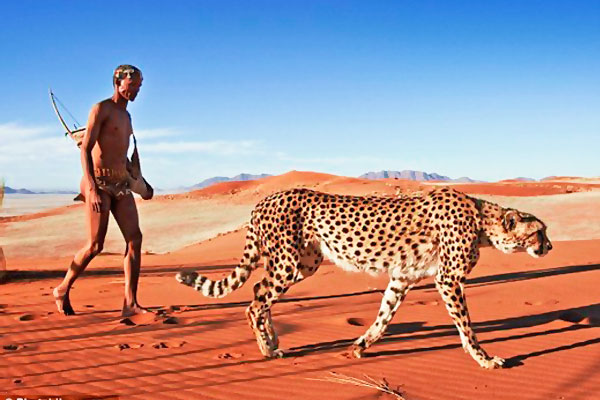Geography
State in southern Africa, in the North it borders with Zambia and Mozambique to the East, and South Africa in the southwest and west with Botswana. Almost the whole territory of the country is occupied by plateaus of Matabeleland and Mashona height of 800-1500 m, overall height 2596 m (Mount Nyangani Mountain). In the North the plateau gradually descends to the Valley of the Zambezi River in the South to the Limpopo River. The total area of 390.7 thousand sq. M. km. Zimbabwe - a presidential republic, the President is elected for a 5-year term. The legislature is a bicameral Parliament consisting of a Senate and a House of Assembly.
Vaccinations
No special immunizations are required.
In the case of visits to regions such as Lake Kariba, Hwange, and Victoria Falls, you must take anti-malarial prophylactic agents..
Customs
Drugs and narcotics, pornographic material, explosive material as well as counterfeit items are prohibited from entering the country.
Currency
International name: ZWD
The Zimbabwean dollar is equal to 100 cents. Banknotes in circulation are 1, 2, 5, 10,20, 50 and 100 dollars, coins-1, 5, 10, 25, 50 cents and 1 dollar. The new currency was put into circulation in August 2006 one year after the denomination. Due to the high (up to 25%) inflation rates can vary significantly even within a short period. United States dollars are accepted almost everywhere, the Exchange can be made in banks, hotels, airport Harare, numerous exchange offices. Markets and the province can pay in South African Rand.
Banks are open from 8:00 to 15:00 in Monday, Tuesday, Thursday and Friday, from8:00 to 13:00 in Wednesday and with 8:00 to 11:30 in Saturday. Currency can be exchanged at banks, hotels, airport, as well as numerous exchange offices. Markets and the province can pay in South Africa Rand, and United States dollars are accepted almost everywhere. Due to the high inflation rates in the country can vary significantly even within a short period.
Security
Zimbabwe is the safest country for foreign tourists all over Africa, but even though it is not recommended to walk alone, carrying valuables and large sums of cash. In Zimbabwe a fairly unstable political situation, so it is worth to learn in advance about what is happening in the country before you travel. When visiting national parks try to wear closed shoes and clothes with long sleeves, this will protect you from meeting with unpleasant and dangerous insects.
Climate
In the North of the country, the climate is subequatorial, tropical in the South. In summer (December-March), the average temperature is around +25° c; in winter (June-August) +17° c. Rain basically happen from November to March. Depending on the purpose of tourists visit the country, the best time to visit would be different. For example, the most suitable period for white water rafting on the Zambezi is August to December, when the river is flowing and therefore not very vibrant. The most comfortable time to monitor the animals is winter months when dry and warm (May to October). But it should be borne in mind that at this time, sometimes even at night there are frosts
Miscellaneous
Language: official language: English.
The most common local languages are Shona, Ndebele, Tonga and nationality of Kalanga.
Transport
Zimbabwe had inherited from Southern Rhodesia a good road network, which, unfortunately, has gradually come into disrepair. All major cities are connected by good two way routes. A sharp fall in living standards in the early 90’s, crisis and international boycott led to a decline in the number of private cars. Thus, the journey to Zimbabwe at present does not pose difficulties in mind suitable roads and a small number of machines. However, the inevitable consequence of the economic crisis has been the growth of corrupt traffic police, which has become a real disaster for motorists.
Cuisine
Zimbabwean cuisine basically consists of a mixture of ingratiating and soft British and African food. Main dietary dish - Saji (sadza) - porridge made of white maize, which built most of the local dishes. The second important component is Ni'mah (nyama) - meat, usually chicken or pork, as well as crocodile, kudu or impala. The use of fruits and vegetables is limited, but do not miss the pumpkin puree, it is very tasty. The alcoholic beverage of mass consumption- chibuku (chibuku), "beer mood", served in a bucket with handles. It is made from cocoa, recalls liquid porridge, deceptively mild in flavor and easily knocked down. It is not delicious. chibuku drink mainly in urban pubs-places frequented exclusively by men. Owner wishing to hit on their habit should seriously consider holding a holiday in Zimbabwe. Although coffee and grows on the eastern mountains, it basically goes for export and you will have to search for it. All that is called the Zimbabwean coffee causes almost disgusted.







